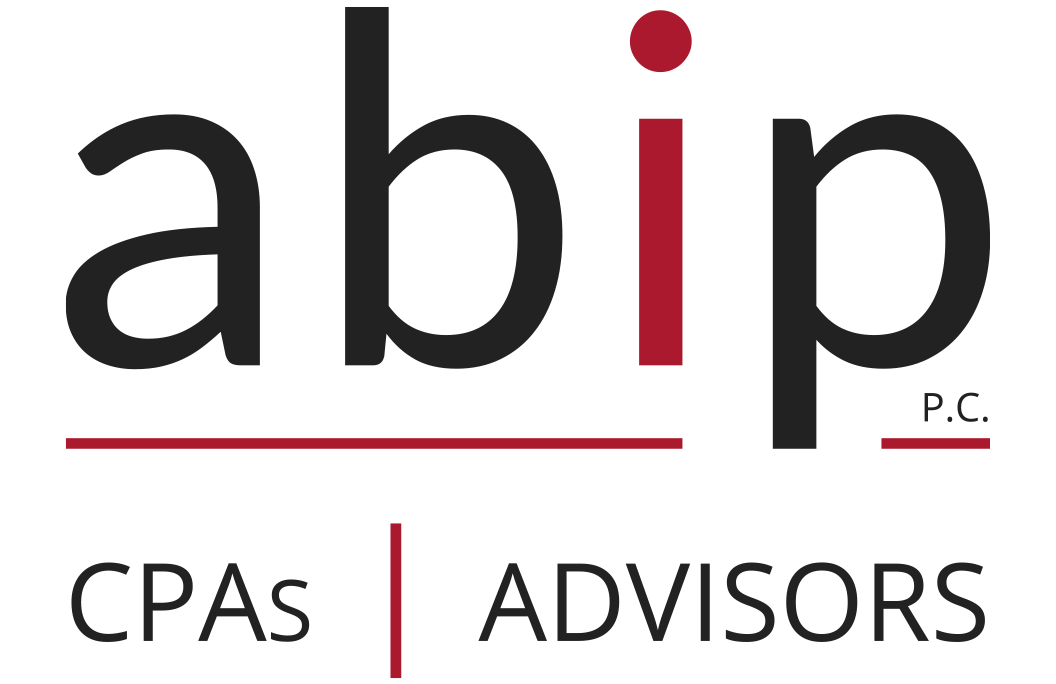Whether you have a small or large company, there are so many ways you can make mistakes when it comes to handling your bank accounts and everything pertaining to them. Many businesses do not properly keep track of the transactions they make through their bank accounts until something goes wrong. By doing so, you will encounter inaccuracy on your bank statements and eventually inaccuracy on your accounting books. Below we identify four mistakes that you must avoid, including tips to help you get on the right track.
1 – Separate your business bank accounts
 First of all, do not make the mistake of having a single bank account for your different businesses. Each business should have its own bank account. It helps keep track of the financial health of each business separately. This will avoid a situation whereby one business failure is being overshadowed by another one performing well. Furthermore, if you are still using your personal bank account for your business, you are making a big mistake. Indeed, it is very important to keep these bank accounts separate because they have different purposes and you can’t clearly see how your business is doing if the transactions are mixed up with your own personal ones. Today, there are very many affordable bank accounts that you can open for each of your businesses.
First of all, do not make the mistake of having a single bank account for your different businesses. Each business should have its own bank account. It helps keep track of the financial health of each business separately. This will avoid a situation whereby one business failure is being overshadowed by another one performing well. Furthermore, if you are still using your personal bank account for your business, you are making a big mistake. Indeed, it is very important to keep these bank accounts separate because they have different purposes and you can’t clearly see how your business is doing if the transactions are mixed up with your own personal ones. Today, there are very many affordable bank accounts that you can open for each of your businesses.
2 – Reconcile your bank account
Another mistake that you can make is failing to reconcile your bank accounts every month. Reconciliation can be done using accounting software like QuickBooks or PeachTree. They make it easier for you to reconcile your bank accounts so make sure you do this every month. After receiving your monthly bank statement, you should compare it to your accounting books and other records to make sure that each of your transactions is in accordance with your bank statement. By reconciling your bank accounts, you will be able to notice any data errors and make changes when there is still time. Reconciliation also allows you to confirm that all the details that were entered are accurate and that the financial statements are depicting correct amounts. Additionally, reconciliation of bank accounts helps in accurate tax reporting, which could prevent possible tax penalties.
3 – Keep records of your deposits
Additionally, all your deposit records must be kept in a safe place. Having a written or online backup file for deposits receipts is essential for your business. In some cases, banks can make mistakes and have inaccurate statements; this is why it is important for you to have a proof of your deposits. Some of these errors may cost your business a lot of money. If you have the deposit slips to support your case, the process will be easier and it will avoid you money losses.
4 – Details make the difference
Finally, all your receipts, invoices any checks that you write must have all the right details included. For instance, if you are writing checks, ensure they have adequate information, such as the date of the transaction, the name of the recipient and the amount. By doing so it will be easier to retrieve a check and not have to look for the information somewhere else. This will avoid problems which may cost your business a lot of money.
If you follow these suggested steps, your bank accounts will be properly handled and maintained. You will also minimize problems and maximize profits for your business. For more information on how to use accounting software or how to handle your bank account, please contact ABIP today. Our team of experts will help answer your accounting questions.





